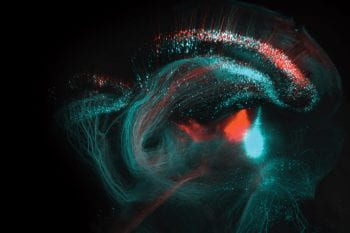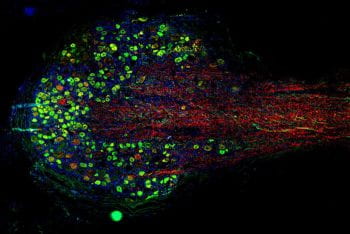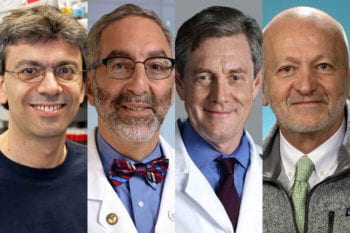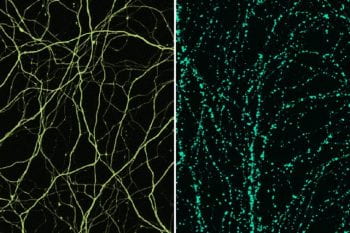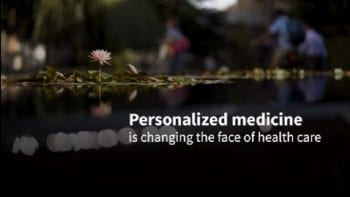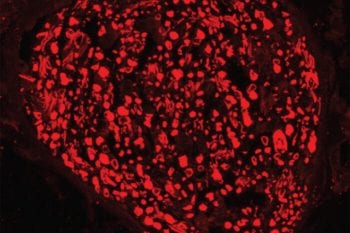University launches new era of progress in neuroscience Understanding the brain and nervous system is one of the most pressing challenges in medicine. To meet this challenge, WashU Medicine has built and is opening the Neuroscience Research Building, a 609,000-square-foot facility expected to be among the nation’s premier neuroscience research hubs. Read more.
Neurosciences on the rise
